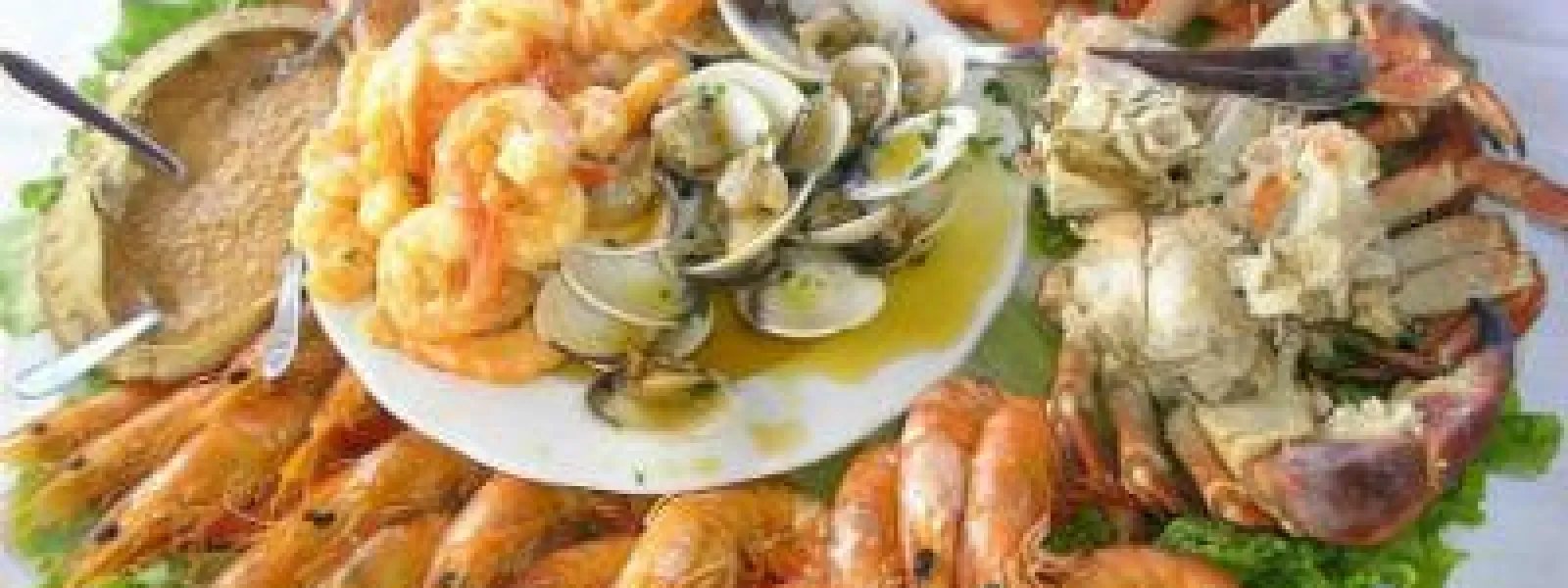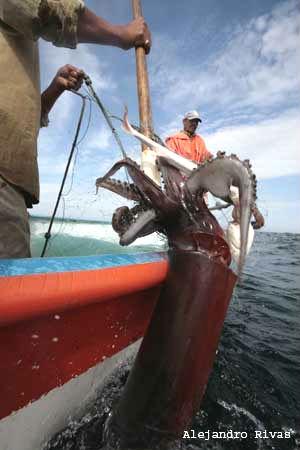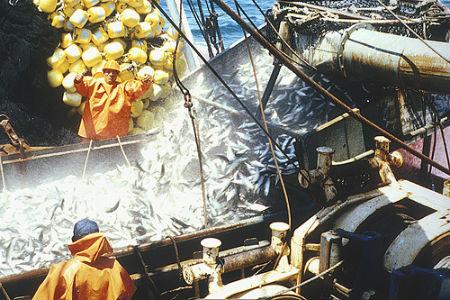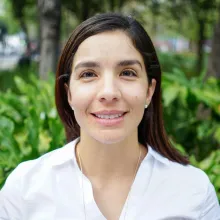
Responsible fishing: Preserving our fish stocks for future generations
Source: http://bit.ly/1jMsmqDBy Gladys Martínez, AIDA legal advisor
What could be better than a plate of ceviche or fried fish and patacones (plantain chips)?
OK, I must confess that I’m a sucker for seafood! And that’s why one of my favorite projects to come out of AIDA’s Marine Protection Program is the reportTools for Sustainable Fisheries and Coastal Management.
Like me, over 4.2 billion people get 15% of their proteins from seafood.
So you can see why it’s so important to put in place measures to encourage sustainable fishing and the conservation of marine biodiversity.
After more than 10 years of research, AIDA has taken a stab at this. We have developed an 11-chapter report examining the plight of our oceans and the causes behind a crisis in the fishing industry. The report looks at what we can do to limit the impacts of the crisis, and it offers case studies drawing on comparative law and detailing the international obligations that states have to protect and conserve our oceans and their biodiversity. The report also explores the regulatory framework for marine conservation.
We look at the various regulatory instruments that countries use to try to control fishing. These include programs for reducing the number of fishing boat licenses, seizing vessels, retraining industry workers and reducing long-haul fishing times, or the amount of time that this technique can be practiced at any given time. Specific mention is paid to the “bycatch” phenomenon, or when fishing methods fail to discriminate between a targeted species and others caught in the process. Recommendations are offered on how to scale back this damaging practice.
We also explore the advantages of using marine protected areas (MPAs) as a conservation tool. Different MPAs are discussed, as defined by the type of protected ecosystem and their classification by international bodies like United Nations Educational, Scientific and Cultural Organization (UNESCO) and the International Union for Conservation of Nature. We describe MPAs in Brazil, Costa Rica and Mexico, and we offer suggestions for protecting our ocean resources with transnational MPAs. We also examine the differences between fishing reserves and protected areas where fishing is banned.
As responsible fishing has so much potential to make a real impact, the report also gets into the main economic instruments that if designed and implemented effectively could promote the protection, renewal, preservation and sustainable use of our marine resources. These instruments can be divided into three categories: market- based (fish certification and eco-labeling), tax based (green taxes, rights and subsidies) and financial (creating funds and loans).
The report also looks at the socio-environmental issues of the fishing industry. These issues are hugely important because a large percentage of the world population relies on fishing for jobs, food security and a potential way out of poverty. We examine how things stand in the industry and look at its problems of endemic poverty and tough working conditions.
Tools for Sustainable Fisheries and Coastal Management is a study of aquaculture in the Americas, from its environmental impact to the risk to human health and the alternative methods that could be used. Examples are taken from different countries across the continent and the world to illustrate what works and what doesn’t.
The report is concise. It explains the bare minimum we need to develop aquaculture while still reducing its impact. Of these essentials are the adequate zoning of projects and targeted species, the development of suitable techniques for feeding fish and disposing of waste, and ensuring that states monitor the industry properly. New techniques such as polyculture, inland saline cultivation and environmental certification are potential alternatives to mainstream fishing methods that have less impact on humans and the environment.
I don’t know about you, but I want to keep eating seafood and I want my descendents to also share in this simple pleasure without feeling guilty. The future can often look bleak, but after reading AIDA’s report, I’m inclined to think that this desire of mine is a real possibility. So if you like what we do and you think you can help, please donate!
Gladys Martínez de Lemos

Gladys Martínez is AIDA's Executive Director, working out of San Jose, Costa Rica. For eight years, she led AIDA’s Marine Biodiversity and Coastal Protection Program. Gladys has a law degree from the University of Costa Rica and a master's degree in Environmental Security and Peace from the United Nations University for Peace. She also became a Kellog Executive Scholar in Nonprofit Management through Northwestern University's Kellogg School of Management.
